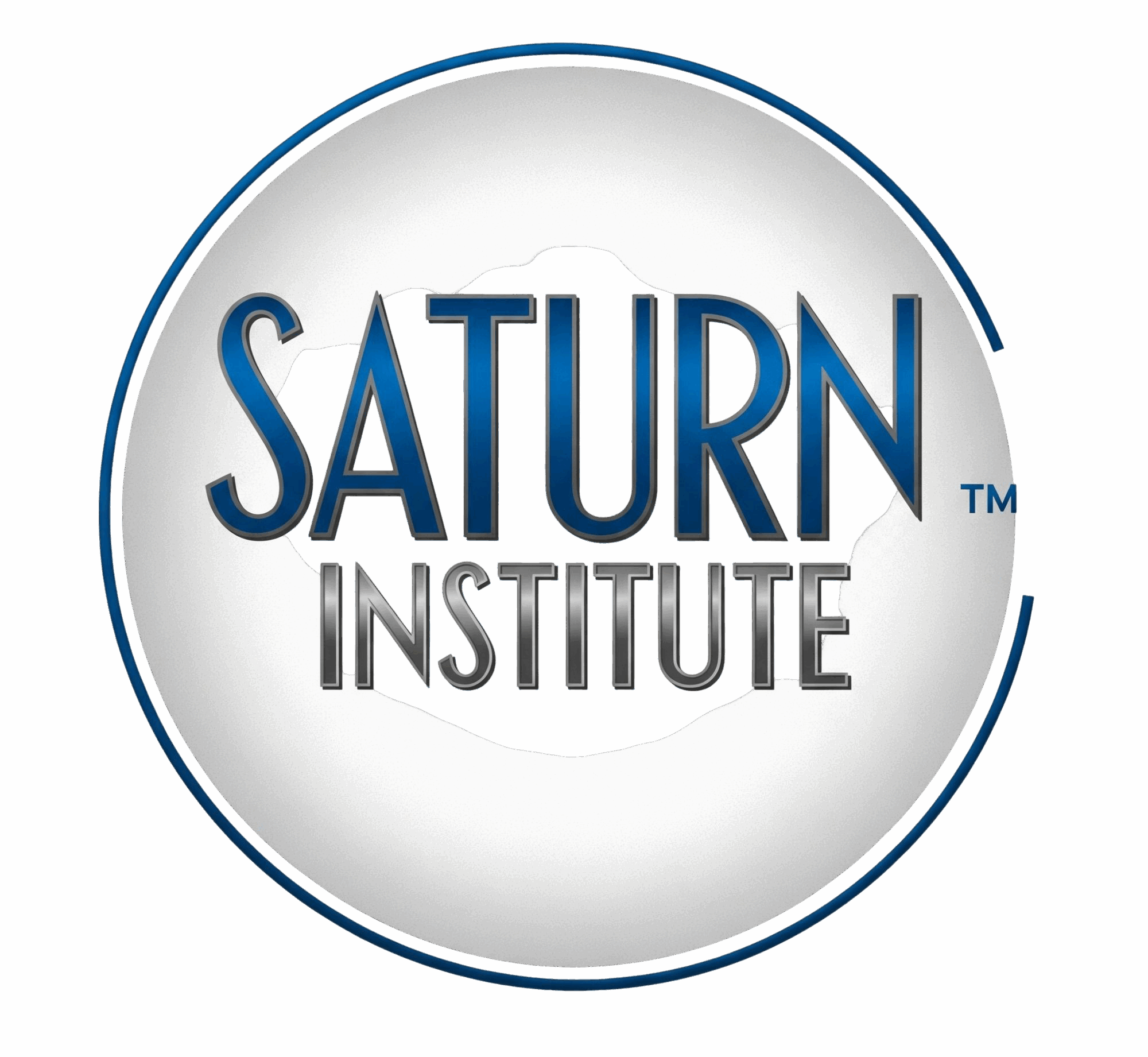The initial Google searches have provided a good foundation for understanding the context for the Saturn Institute. Here’s a summary of what has been gathered and what still needs to be explored:
Information Gathered:
- Agricultural Landscape in Pontiac and Oakland County:
- Pontiac has commercial landscape services and suppliers (SiteOne, BrightView), indicating activity in horticulture and land management.
- Oakland County has existing agricultural education and urban farming initiatives:
- Oakland Schools Technical Campuses offer Agriscience and Environmental Technologies programs, including certifications (CASE-AFNR, Ducks Unlimited, BASF Plant Science). Curriculum covers animal/plant science, greenhouse management, hydroponics, organic gardening, etc.
- MSU Extension Tollgate Farm and Education Center in Novi (Oakland County) provides hands-on agricultural learning for all ages, community food systems education, and sustainable agriculture demonstrations.
- Bowers School Farm in Bloomfield Hills (Oakland County) offers educational programs in agriculture and the local food system.
- Trinity Health has “The Farm at Trinity Health – Oakland” in Pontiac, focused on community-centered food programs and health equity, part of a “Food is Medicine” initiative.
- Growing Pontiac is a coalition strengthening the local food system through classes and markets.
- The Michigan Urban Farming Initiative (MUFI) in Detroit is a notable example of an urban agrihood, focusing on education, sustainability, and community.
- Community Needs and Food Security in Pontiac:
- Pontiac has been labeled a “food desert” with limited access to healthy food.
- OLHSA’s Community Needs Assessment (2024) highlights education, financial stability, housing, and living wages as key domains needing support. It emphasizes the need for better outreach to underserved populations and enhanced partnerships among service providers.
- Healthy Pontiac, We Can! (HPWC!) coalition works to improve access to healthy food and physical activity. Their 2021 community survey informed a strategic plan (2022-2025).
- These points underscore a strong need for initiatives like the Saturn Institute that can provide skills, access to fresh food, and economic opportunities.
- Agricultural Education and Workforce Development in Michigan:
- There’s a recognized need for educational materials in farm management, production skills, environmental issues, sustainable agriculture, and small farm management for Michigan farmers (ERIC – Journal of Extension, 2010).
- Michigan’s agriculture cluster has shown employment growth but often requires only a high school diploma and on-the-job training. There’s a projected growth for farm equipment mechanics and service technicians. (Michigan Agriculture Industry Workforce Analysis Report, 2023)
- MSU Extension offers resources on various agricultural topics and career advancement for farmworkers.
- The National Farmworker Jobs Program (NFJP), part of Michigan’s Department of Labor and Economic Opportunity (LEO), provides training, career planning, and job placement in agriculture.
- These indicate opportunities for skills-based training programs like those proposed for the Saturn Institute.
Gaps in Information and Next Steps:
While the initial searches were fruitful, more specific information is needed to develop a comprehensive business plan. The original Step 2 outlined some of these areas, and they remain relevant:
- Regulations for Trade Schools and R&D Centers in Michigan: Specific legal and operational requirements for establishing such an institute.
- Shared Service Models with School Districts: Examples and frameworks for successful collaborations between vocational training providers and K-12 districts.
- State-of-the-Art Facility Benchmarks: Examples of modern agricultural learning and research facilities to inform the design of the 100,000 sq ft building and 80-acre campus.
- Funding Opportunities: Specific grants, partnerships, and investment avenues for this type of initiative in Michigan.
- Short-Course Vocational Curriculum Models: Best practices for designing intensive, short-duration courses versus longer-term programs for diverse age groups.
- Local Market Demand for Crops: Detailed analysis of which specific crops have strong local market potential in and around Pontiac.
- Pontiac Specific Economic Development Plans: How the Saturn Institute can align with any existing city-level economic or agricultural development plans.
- Details on “Farming Water and Dirt”: Clarification is needed on what “farming water” (aquaponics, hydroponics, aquaculture?) and “farming dirt” (soil health, regenerative agriculture, composting?) specifically entail to tailor curriculum and research.
- Certificate of Accomplishment vs. Academic Certificate: Understanding the implications and acceptance of “Certificates of Accomplishment” in the job market or for further education.
The subsequent steps in the original plan remain largely valid but can be refined based on these initial findings.The user has provided feedback and we are ready to proceed with the next steps.
Based on the initial findings, the next steps will focus on gathering more specific information needed for the business plan. I will adjust the plan to be more targeted.
Updated plan: Perform targeted Google searches to investigate the specific requirements and best practices for establishing a trade school and an agricultural research and development center in Michigan, including relevant state and local regulations for Pontiac. Research successful shared service models and partnership agreements between educational institutions (especially vocational/trade schools) and K-12 school districts in Michigan or comparable regions. Identify and gather information on state-of-the-art agricultural learning facilities and urban/community-focused research centers, paying attention to facility design, land use, and technology integration relevant to a 100,000 sq ft building on 8 acres. Explore specific funding opportunities, including federal, state, and local grants, private foundations, corporate sponsorships, and potential public-private partnerships available for agricultural education, workforce development, urban revitalization, and food systems in Michigan and Pontiac. Investigate curriculum development strategies for diverse learners (all ages) in agricultural practices, focusing on short-term (1-day to 1-month) and term-based non-academic certificate courses. This will include exploring existing models for “Certificates of Accomplishment.” Analyze the current market demand in Pontiac and the surrounding local markets for specific crops that could be produced by the Saturn Institute, considering both fresh produce for direct consumption and potential value-added products. Synthesize all the gathered information to construct a comprehensive business plan for the Saturn Institute.
